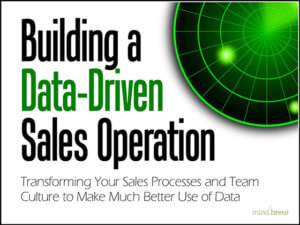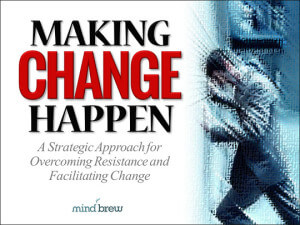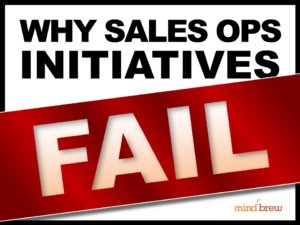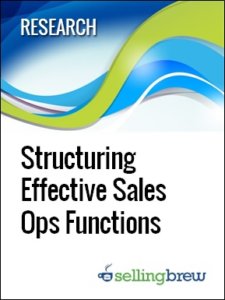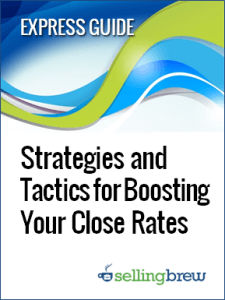Nearly every business leader and manager on the planet will say that they want their organizations to be more data-driven. Most will say that they’d like to develop a more efficient and effective engine for driving profitable growth. And most will say that they aspire to produce more consistent and more predictable results.
Of course, all of these things sound fantastic! And clearly, they are all extremely valuable objectives and worthwhile pursuits. But given the huge gap between the stated aspirations and the real world achievements, I can’t help but wonder…
Do people really understand what they are up against? Are they being realistic about the resistance they’ll encounter in the pursuit of these goals?
Of course, one must be prepared for a generalized resistance to change. As we’ve highlighted many times before, most individuals are wired to view change with skepticism and doubt. And groups of people will tend go beyond mere skepticism and doubt to 1) perceive anything new and different as a threat to the status quo and 2) employ active countermeasures as necessary to eliminate the threat.
But beyond organizational resistance to change, objectives like these will also tend to stimulate resistance of a different sort altogether…
You see, when you’re talking about being more data-driven, producing more consistent and predictable results, and developing a more efficient profitable-growth engine, you’re not just talking about making changes—you’re also talking about adding controls.
After all, you can’t achieve these types of objectives without a whole host of rules, policies, procedures, thresholds, models, algorithms, decision-trees, and so on, all designed to reduce the subjectivity and variability of your organization’s decisions and behaviors.
And we have to recognize that these control mechanisms can be yet another source of resistance, because whether they’ll admit it or not, a lot of people actually prefer to have all of that subjectivity and variability!
In some cases, team members might resist using models and algorithms to become more data-driven simply because they get a great deal of personal satisfaction out of relying on their own expertise, experience, and/or intuition.
In other cases, certain team members might resist new rules, policies, procedures, and thresholds because they prefer having the option of pursuing their own ends, no matter how self-serving those personal agendas might be.
And in general, most people are going to put up at least a little bit of resistance to any real or perceived loss of control or influence. That’s just human nature.
The point is that you have to understand and acknowledge what you’re really up against when driving certain initiatives and pursuing certain objectives. Very often, you’ll not only be dealing with “garden variety” resistance to change, you may also have to contend with resistance to a loss of control.
Of course, straightforward steps can be taken to effectively mitigate both of these sources of resistance. But the first step is the most important —i.e. recognizing when there’s an additional source of resistance working against you!

